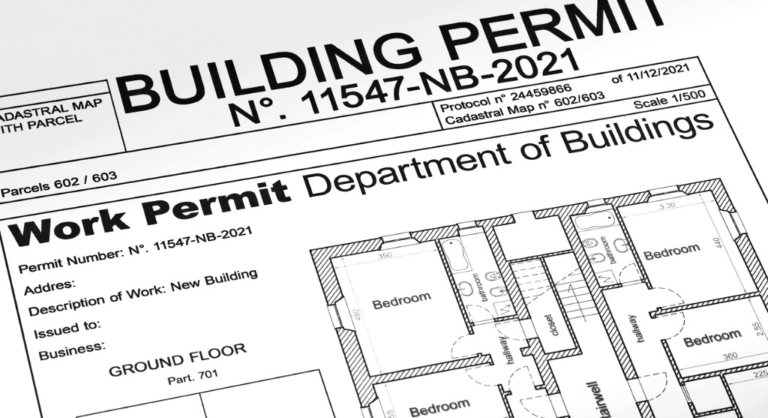The Mass Leads Act Gains Momentum: Extending Permits and Offering Protections for Developers
In February 2024, the Healey-Driscoll Administration introduced its economic development bill, Mass Leads: An Act Relative to Strengthening Massachusetts’ Economic Leadership. After months of delay, the Massachusetts Legislature has now released the final version of the nearly $4 billion legislation. On November 14th, the Massachusetts Legislature formally approved the Bill, and it was signed into law by the Governor on November 20th.
The bill aims to bolster the state’s economy while addressing challenges in the commercial real estate market. Key provisions include protections for approved projects that have not yet broken ground, offering relief to developers facing rising interest rates, construction costs and inflation.
Permit Extension Act (Section 280)
The so-called Permit Extension Act (Section 280 of the Bill) generally applies to any permit, certificate, order (excluding enforcement orders), license, certification, determination, exemption, variance, waiver, building permit or other approval or determination of rights and certain environmental permits, issued by any municipal, regional or state governmental entity, concerning the use or development of real property. Specifically, any such permits and approvals in effect between January 1, 2023, and January 1, 2025, will automatically be extended by two years beyond their expiration date. By providing additional time, this measure allows developers to weather economic uncertainties before proceeding with construction.
Protection Against Zoning Changes
The legislation also safeguards special permits and site plan review approvals from being invalidated by subsequent zoning amendments. Developers will have up to three years after issuance to commence construction or use, ensuring that projects can move forward without risk of being derailed by regulatory changes.
Impact on the Real Estate Market
This legislation represents a significant step toward stabilizing the real estate sector while supporting broader economic growth across Massachusetts. These provisions are expected to rejuvenate stalled projects that might otherwise face expiration or adverse zoning changes. By extending timelines and providing regulatory stability, the legislation offers a critical lifeline to developments at risk of cancellation.
Categorized: Development, Legislation
Tagged In: commercial real estate, economic development bill, Permit Extension Act, protection against zoning changes









